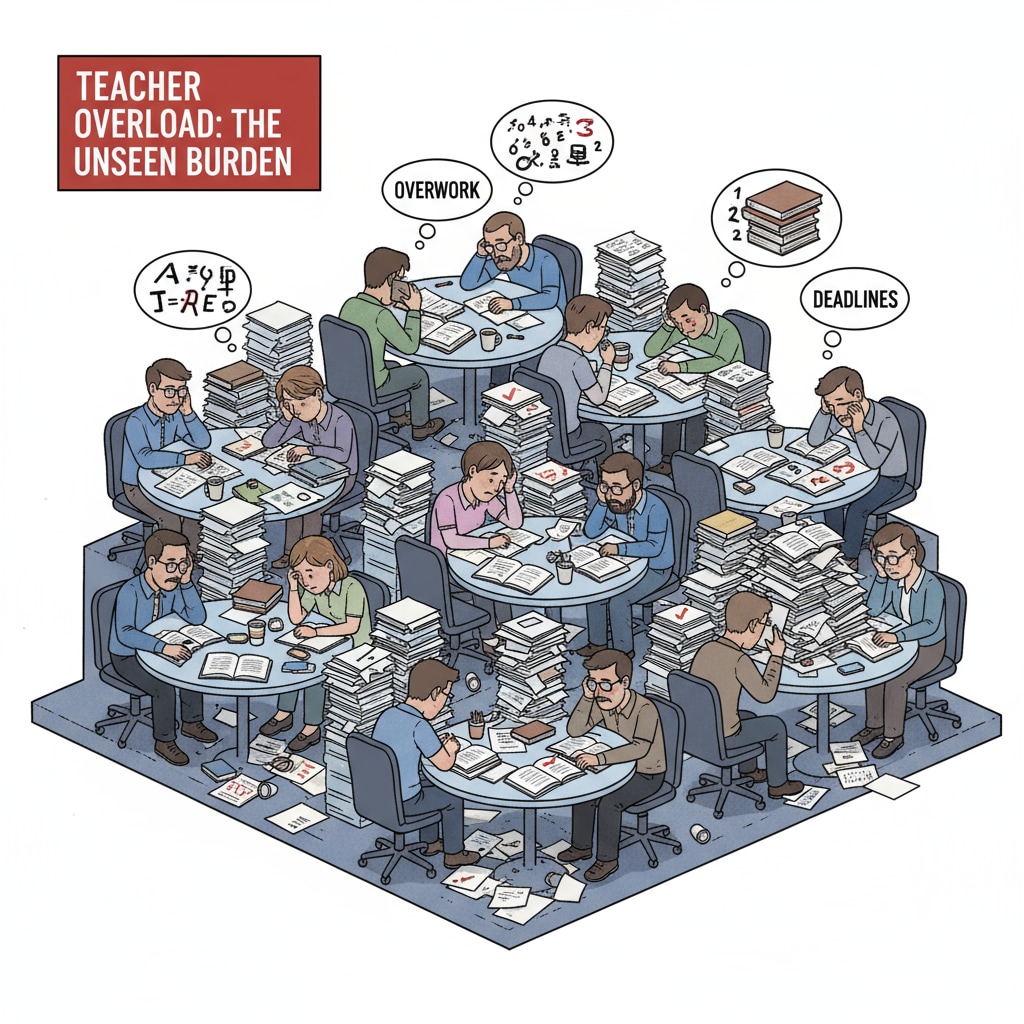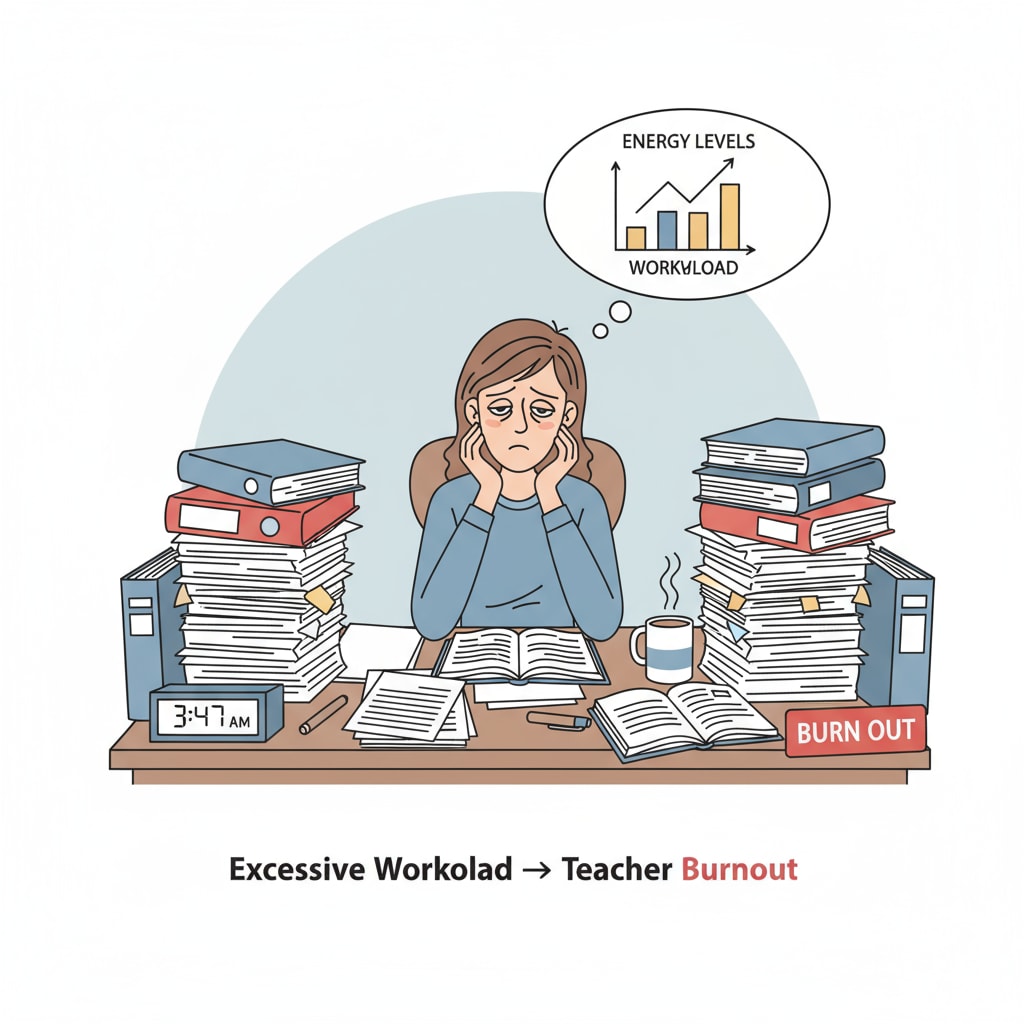Teacher overload, multi-class management, and job burnout are becoming increasingly prevalent issues in the K12 education sector. Despite attractive salary packages and benefits, many teachers are feeling the strain of managing multiple classes and subjects, leading to exhaustion and even thoughts of early retirement. This not only impacts the quality of education but also poses a threat to the sustainability of the entire education system.

The Heavy Burden of Multi-Class Management
Teachers in K12 schools are often assigned to manage multiple classes simultaneously. This means dealing with a large number of students, each with their own learning needs and personalities. For example, a middle school teacher might be responsible for three different math classes, each with 30 students. This requires them to prepare separate lesson plans, grade numerous assignments, and provide individualized attention. As a result, teachers are spending long hours at school and often taking work home, leaving them with little time for personal life. According to National Education Association, the workload associated with multi-class management is one of the leading causes of stress among teachers.
The Onset of Job Burnout
The continuous pressure of teacher overload and multi-class management is taking a toll on educators’ mental and physical health, leading to job burnout. Burnout is characterized by feelings of cynicism, depersonalization, and a lack of personal accomplishment. Teachers who are burned out may find it difficult to engage with students, lack motivation, and experience a decline in the quality of their teaching. A study by Texas Computer Education Association found that a significant percentage of teachers reported experiencing burnout symptoms due to excessive workload. This is a serious concern as burnout can lead to high turnover rates, further exacerbating the teacher shortage problem.

The implications of teacher overload, multi-class management, and job burnout are far-reaching. It affects the quality of education students receive, as burned-out teachers may not be able to provide the same level of instruction and support. Moreover, it undermines the long-term sustainability of the education system. To address this crisis, schools and policymakers need to take proactive steps. This could include reducing class sizes, providing more support staff, and implementing better workload management strategies. By alleviating the burden on teachers, we can help prevent job burnout and ensure a brighter future for education.
Readability guidance: The article uses short paragraphs to convey information clearly. Each H2 section presents key points related to teacher overload and burnout. The use of examples and external links adds credibility. Transition words like “for example”, “as a result”, and “moreover” are used to connect ideas smoothly. The passive语态 is minimized, and the language is kept at a level accessible to a wide audience.


